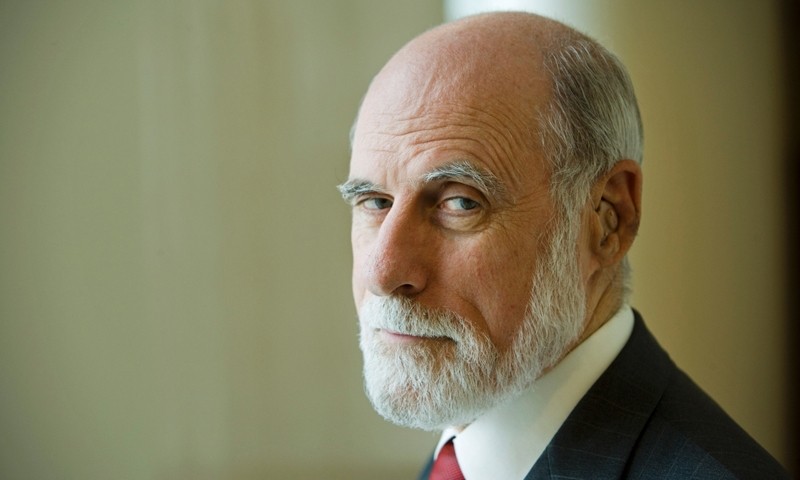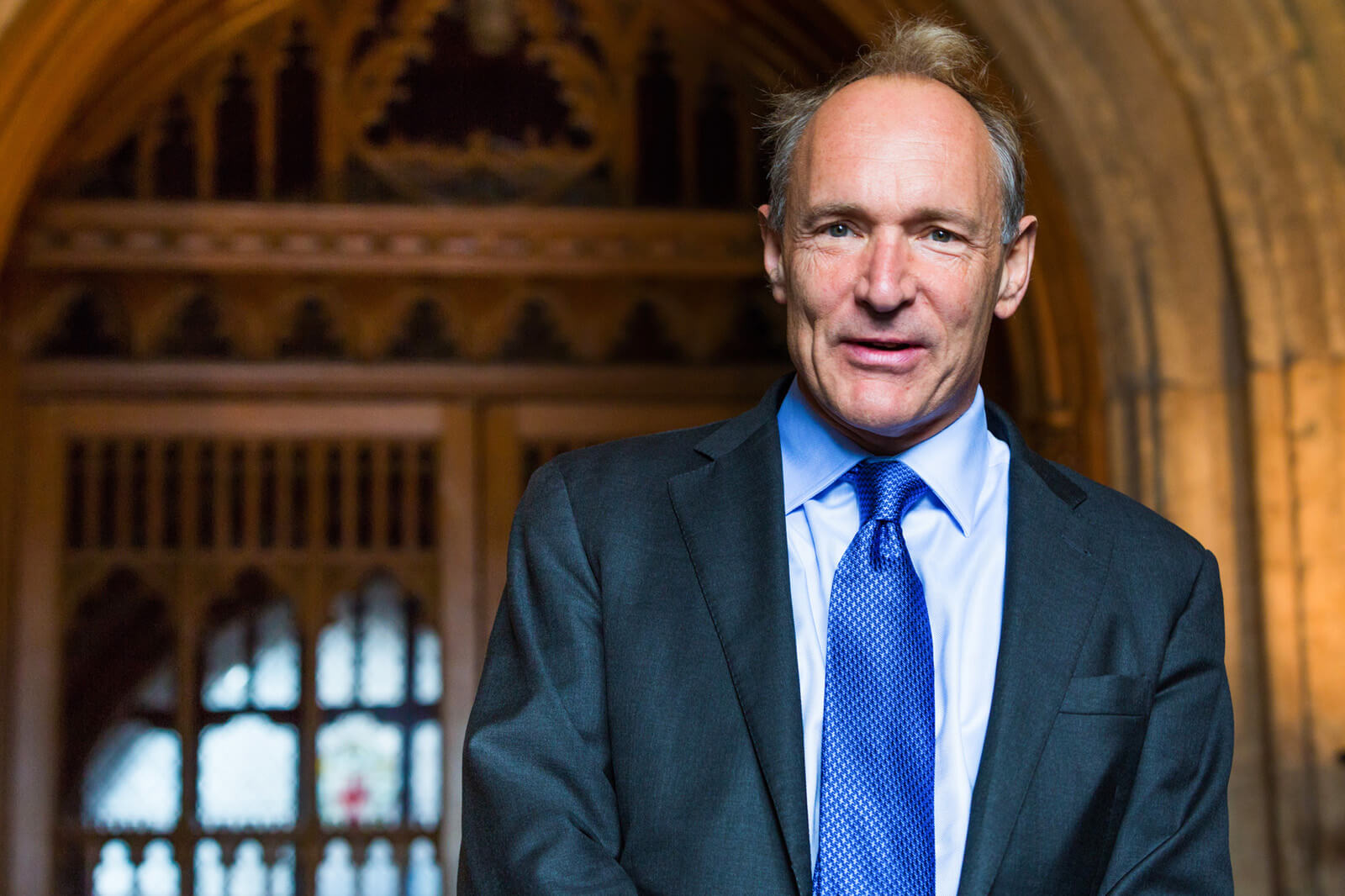
There are only two days left until we find out if net neutrality protections will be repealed. Fighting against the action are more than 20 internet pioneers and leading figures who have signed an open letter urging the Federal Communications Commission to cancel Thursday’s vote.
Notable signatories include Tim Berners-Lee, inventor of the world wide web; Steve Wozniak, the co-founder of Apple; Vint Cerf, one of “the fathers of the internet;” Mitchell Baker, executive chairwoman of the Mozilla Foundation; and Whitfield Diffie and Martin Hellman, pioneers of public-key cryptography.
The letter states that the FCC’s proposed Restoring Internet Freedom order is “based on a flawed and factually inaccurate understanding of Internet technology.” It goes on to say that these flaws and inaccuracies were pointed out in a 43-page long joint comment signed by over 200 prominent internet figures in July.
Photos: Vint Cerf (masthead), Tim Berners-Lee, below.

The letter was addressed to the Senate's commerce subcommittee on communications, technology, innovation and the internet. It adds that the FCC has ignored both the comments made in July and those from the millions of internet users fighting to save net neutrality.
"Over 23 million comments have been submitted by a public that is clearly passionate about protecting the internet. The FCC could not possibly have considered these adequately.”
“The FCC’s rushed and technically incorrect proposed order to repeal net neutrality protections without any replacement is an imminent threat to the internet we worked so hard to create. It should be stopped.”
Despite being almost universally condemned, it seems certain that the FCC will approve the proposed order. The commission claims the impact of such a move has been exaggerated, and that it would help improve competition and stop the government interfering with the internet.
There may be some hope for net neutrality advocates: as the FCC proposal is so extreme and lacks evidence supporting the change, it could be shot down in court.
https://www.techspot.com/news/72266-internet-pioneers-leaders-sign-open-letter-urging-fcc.html